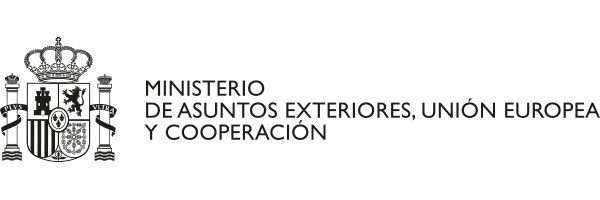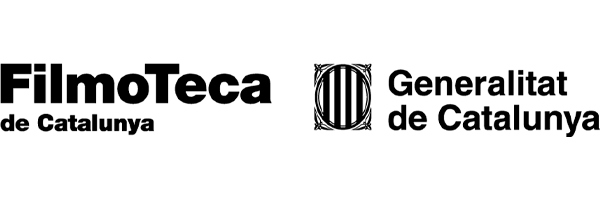
De Cinema x MoMu x EUROPALIA: Un amor
Following RESOLUCIÓN, De Cinema and EUROPALIA ESPAÑA present seven remarkable films from Spain. Each film revolves around a single colour. Each colour reveals something about womanhood and the era in which the film was made.
Visitor information
Tickets
When
, from toFor whom
Everyone
Languages
English & SpanishPricing
- €9: Regular rate De Cinema
- €6.5: Reduced rate De Cinema
- Free: Multipass or annual pass De Cinema
Following the audiovisual installation RESOLUCIÓN: On lifetime decisions in Spanish cinema, De Cinema and EUROPALIA present a film cycle of the same name, featuring seven remarkable films from Spain, the guest country of EUROPALIA 2025. Each film revolves around a single colour. Each colour reveals something about womanhood and the era in which the film was made. Green evokes a longing for a better life and the allure of distant places and other worlds. It stands for hope, growth and a future that is sometimes elusive.

Un amor (2023, Isabel Coixet)
After fleeing her stressful city life, 30-year-old Nat takes refuge in a small village in the deepest rural Spain. After dealing with the hostility of the person renting her the house and the distrust of the villagers, Nat is forced to accept a disturbing sexual proposition from her neighbour, which leads to an obsessive passion and makes her question the kind of woman she believes herself to be.
Green envy, green hope. This adaptation of one of the most outstanding recent Spanish bestsellers has been successful in capturing a very contemporary feeling: how we behave with others, and how we relate to the “outside.” Above all, it is a reality check: can we, as urbanites, learn to live in the rural environment? Can we control our desires? Can we control nature? Perhaps, as happens to the main character in Un amor or to the women who run away, present in the video installation RESOLUCIÓN: On lifetime decisions in Spanish cinema, like Eli in Todos queremos lo mejor para ella (2013, Mar Coll) or the woman in La mujer sin piano (2009, Javier Rebollo), we realise that we cannot.












